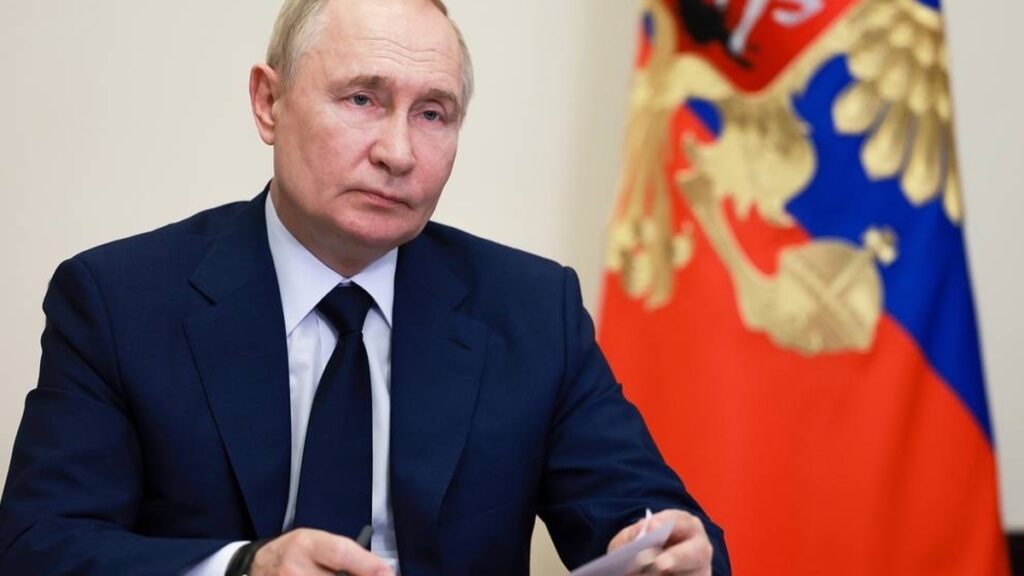In the past two years, Russia has partially adopted the foremost cryptocurrency, Bitcoin, and BTC mining, despite nearly banning them.

On August 8, Russian President Vladimir Putin signed new laws that officially legalized Bitcoin and digital asset mining.
From this point forward, a national register will determine the ability to mine BTC in Russia. Individuals who operate mining devices that consume very little energy are exempt from Putin’s crypto law.
Bitcoin can be mined by legal citizens who operate within the government’s electricity limit. Russian blockchains will enable participants to trade foreign virtual currencies and recognize network infrastructure such as mining pools and address identifiers.
In the event that financial stability is jeopardized, the Bank of Russia retains the authority to prohibit the ownership of specific assets.
Putin’s signature on crypto laws was after the passage of two frameworks by the State Duma last month.
The lower chamber of the Federal Assembly of Russia has proposed that crypto mining be permitted beginning on November 1 of this year. It is speculated that Putin signed this legislation on Thursday, August 8, in response to Russia’s decision to reverse course on digital assets.
The second law grants Russia’s central bank the authority to investigate cross-border payments denominated in cryptocurrency.
El Salvador has approached Russia for crypto trade, and reports indicate that this law will take effect on September 1.
Nations Race Toward Bitcoin Adoption
Russia’s crypto U-turn underscores the global shift toward Bitcoin adoption. The decentralized currency and its underlying blockchain technology have garnered attention from nations across the globe.
President Nayib Bukele implemented a national policy in El Salvador to encourage mining activity, accumulate cryptocurrency, recognize Bitcoin as legal tender, and support BTC innovation.
The United States is also on the brink of a significant change in its approach to Bitcoin and cryptocurrencies.
Nevertheless, the adoption of the United States may be contingent upon the results of the November election. Regulated exposure to Bitcoin funds is already available through Wall Street giants such as Fidelity and BlackRock.
The U.S. Securities and Exchange Commission approved similar to that of Ethereum exchange-traded funds.
Advocates argue that implementing a strategic BTC reserve, as former President Donald Trump and Wyoming Senator Cynthia Lummis suggested, could further accelerate BTC adoption.
